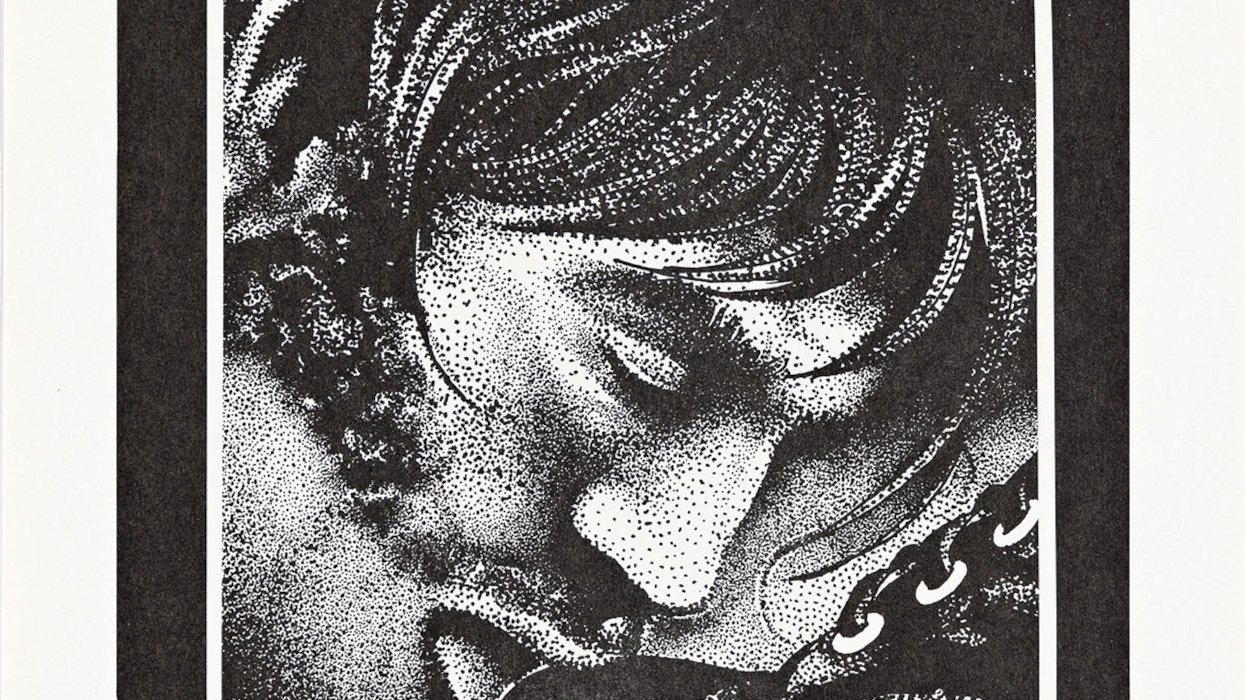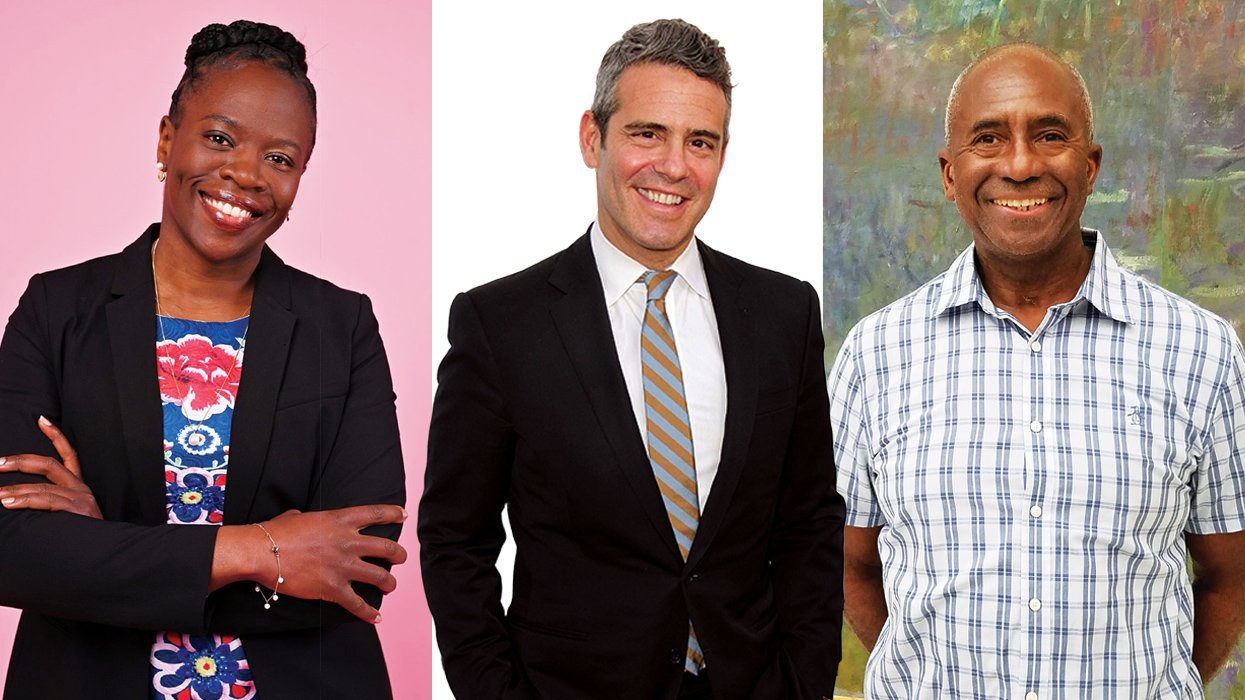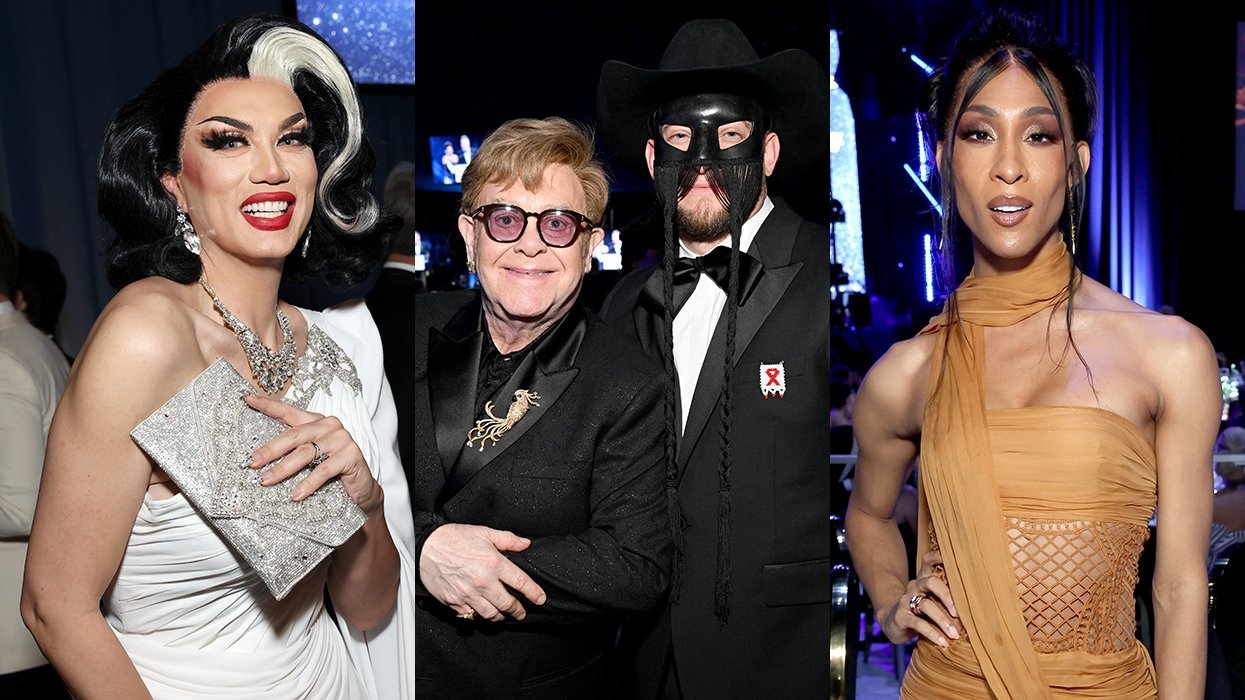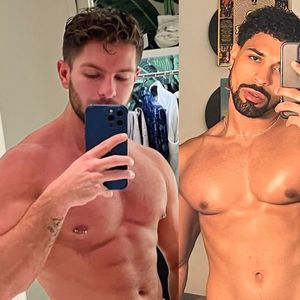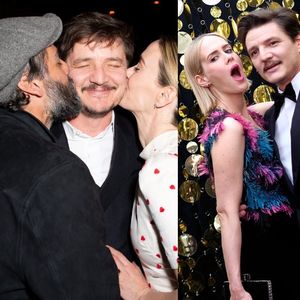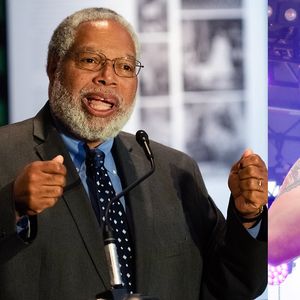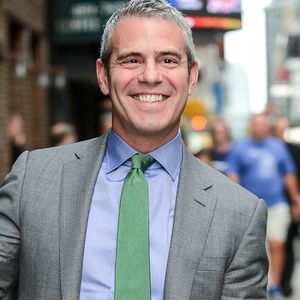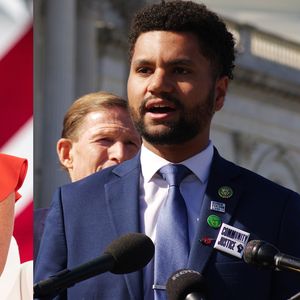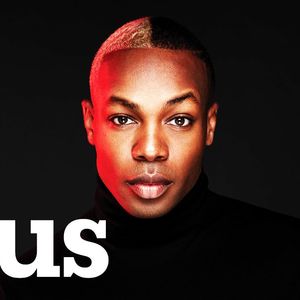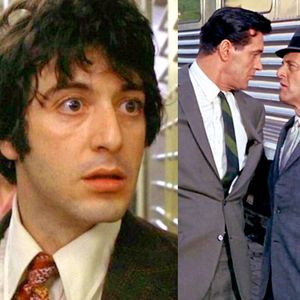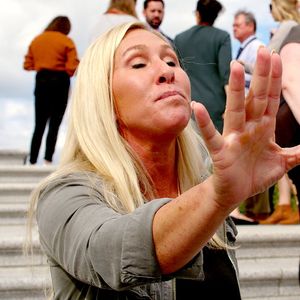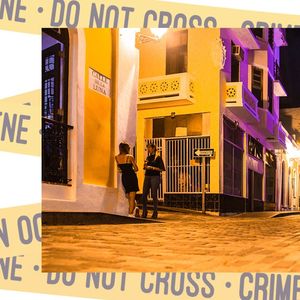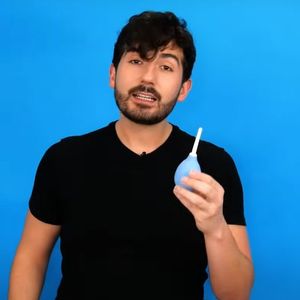Ted Allen, the man who rose to fame on Queer Eye for a Straight Guy and is now Food Network star, has two passions in life. The first, and of course most obvious, is food. With career highlights including being a regular culinary contributor for Esquire magazine, judging on Top Chef, hosting the extremely popular reality cooking competition Chopped, and helping straight guys with all of their food and wine needs on Queer Eye, it’s almost a no-brainer that Allen has had a love for all things food for a long time.
His second passion though, is not as obvious or well-known to many, and it isn’t until you learn about his track-record of supporting many different charitable organizations that it starts to make itself clear. He loves to help people. The collision of these two passions led Allen to become (for the seventh year in a row) a spokesperson for Dining Out for Life, the annual springtime event that encourages people nationwide to eat out at over 3,000 participating restaurants with the purpose of raising money and awareness to HIV and AIDS organizations.
We caught up with Allen right before the April 30th Dining Out for Life event, and he talked about his role in increasing LGBT visibility in television, what he would do if he was ever a contestant on Chopped, and the increasing importance of HIV awareness.
Let's talk about Dining Out For Life. You’ve been a spokesperson for seven years now. Why is this so important to you?
I try to help Dining Out for Life get the word out. I love working with this organization because it’s just such a cool, very low overhead operation that raises more than $4 million for American HIV and AIDS service organizations in a single day. Four million bucks in one day — 60 cities, more than 3,000 restaurants. It also helps restaurants and chefs get new people coming in to try what they’re doing. It just seems like such a win-win-win for everybody.
Do you remember the first time HIV impacted you?
By the time I came out, HIV was already widely known in the culture. I have some friends who are positive. One I’m thinking of in particular who became positive in the '80s and has devoted his life to a career of raising funds to fight HIV and AIDS. He’s still kickin’ and he’s in great shape.
The people we’re trying to reach now are the people who weren’t there when the epidemic first happened. We’re in a time now where we have preventative medicine, we have good treatment for AIDS and HIV, and the generation now has only known that world.
But that doesn’t mean that the AIDS crisis is over. Unfortunately, it’s not. Those drugs are expensive, they have side effects. There are lots and lots of reasons to continue trying to avoid being infected. We’re not just talking about gay white people either. This virus impacts all walks of life these days, so unfortunately, we still need to bring awareness to it.
We eat really well once a year during Dining Out for Life, and a ton of money is raised for HIV on that day, but how do you think that passion people have for raising awareness and money be sustained all year long?
I’d like to hope that when people who are new to this movement go to that restaurant on April 30 and make their contribution there, there are going to be people who are ready to talk to them about what they could do to continue the fight. There are lots of organizations that operate year round, and Dining Out for Life is doing more to join that effort.
Everything has to start somewhere. If this is somebody’s first introduction to the information that this is still a problem, then that’s an accomplishment. We all have to make our own decisions about what to do after that meal is over, but hopefully it will inspire people.
There is a lot of talk of PrEP in the LGBT community. What is your take?
I think something that will keep a person from becoming infected sounds like a great idea to me. I wish we had had that in 1983. I think it’s a great leap forward to have that available to people.
Why do you think it’s so important for HIV negative people to take a stand and raise awareness and money for people with HIV?
Because that’s how you prevent other people from becoming HIV positive. The people who do have HIV or AIDS are still misunderstood by the population in general and still need help and still need to be respected and included. It doesn’t mean that everybody has to drop everything they’re doing and become an activist. When you have children, when you are in the Marine Corp, when you’re an accountant, you’ve already committed yourself to a lot of hours doing something else, but I think it’s good for all of us to keep the awareness up and try to prevent other people from having this health calamity. Yes, PrEP is there, yes there are great therapies for people with AIDS, but that doesn’t mean that isn’t still a serious thing.
What are little things that people can do to raise awareness?
Most cities have an AIDS Walk. This is another simple way people can raise funds and do something healthy, do something civic, do something with other people in the community that you didn’t know before, and raise awareness about something important. Dining Out for Life is just one of many ways that can be done. It’s a particularly good fit for me because it not only benefits the gay community and the HIV community, but it benefits chefs and restauranteurs, which are some of my very favorite people in the world.
Tell me about your first HIV test.
My partner Barry and I would go to Howard Brown Health Center, which was created in response to the epidemic back in the day and still provides service to thousands of people. I’m proactive about health in every area. I’m not one of those men who refuses to go to the doctor or refuses to get tested. Any disease is better treated if you catch it early, and that is certainly true of HIV. It’s very important to know your status, in my opinion. I can’t imagine not.
 You’re one of the most visible gay personalities Food Network has ever had. How does it feel knowing that you could be paving the way for other aspiring gay foodies?
You’re one of the most visible gay personalities Food Network has ever had. How does it feel knowing that you could be paving the way for other aspiring gay foodies?
It feels great. I don’t pretend to be an important person. Queer Eye gave me this freedom to be out and very publicly out. Food Network is a very inclusive employer. There are lots of LGBT people in prominent positions at the network, and it’s really important to them. It was President Clinton who I first heard say that we can’t afford to overlook anybody’s talent, we need all we can get.
Back when we were making Queer Eye, we got hundreds and hundreds and hundreds of letters from gay kids who said, “Thank you for being out and gay and on the television in my living room. My parents like you…”
I just read an interview that somebody did with me where they described Queer Eye as a Trojan horse. We were ostensibly a makeover show and we were ostensibly playing off the stereotypical tension between gay guys and straight guys, but what we were really doing was being out in people’s living rooms and being funny enough that people liked us. It was one of several shows that started getting people accustomed to gay people, one of many shows that’s helping this culture wake up to the fact that gays are your brothers and your kids and your cousins. We’re not tying to hurt anybody, we just want to be treated fairly.
What’s it like knowing how much of an impact Queer Eye had on both the LGBT and straight communities?
I’m just trying to have a fun, satisfying career doing something that I love, and the fact that I get to play any tiny part in the gay rights movement is a privilege and an obligation. I love my people! They’re fun.
Do you remember the first time you saw a queer person on television?
I remember what you used to see on television when journalism was talking about gay people, it used to be only going to Pride parades in San Francisco and they would show people in bondage gear. Not that there is anything at all wrong with a parade like that, as far as I’m concerned, but I do know that I didn’t see myself reflected in that. I’m much less interesting than that — I don’t have any whips at all.
What takes a while for people to realize is that the gay community is really not that different from any other community of humans. There are people who do unusual things, and there are people who are just basically accountants wearing khakis to work every day. Which is the benefit of a show like Queer Eye, a show like Will & Grace, a show like Modern Family. All of them flawed, but they create visibility for different kinds of gay people and people gradually have gotten a little more accustomed to us.
Do you have any memorable stories about being flirted with while on the set of Chopped?
About being flirted with? [Laughs] I don’t know! I don’t really get flirted with the way that I used to, not that I ever really did. I don’t really have a good story of that nature, because when we’re doing Chopped it’s super focused and super serious. There’s not a lot of time to fool around. It’s all about can you cook this stuff or not? You have very little time to spend doing any flirting. We’ve definitely had contestants that I thought were really cute.
Whenever I’m in the company of chefs, what I want to do is chat with them and learn from them. They’re often really entertaining people, but on Chopped it’s kind of my job to try to help preserve an atmosphere of tension and fear, so we’re strongly discouraged from hanging out with contestants. In between shots we tend to put them off in a room. We want to keep them focused on the prize.
If the roles were reversed and you were finding yourself a contestant on Chopped, what do you think your go-to dish would be?
I don’t think I’m a very good candidate for cooking on Chopped. I’m actually a really slow cook, ironically. I tend to cook with NPR on the radio and a glass of wine in my hand and, for me, it’s fun. Chefs have to be trained to cook really fast. In a restaurant it’s very fast. When you come on Chopped it’s super fast — and you don’t even have control of the ingredients. That would be tricky for me. I have cooked a couple of times on Chopped After Hours, our web series. I think I might do it again. There’s a lot less at stake there. It’s only one round, we already know what the ingredients are, and that’s a little bit less scary for me. That’s more my speed.
What’s the meanest thing you’ve ever heard a judge say to a contestant on Chopped?
Probably “I hate this!” And that was from Marc [Murphy], if I’m not mistaken.
You’ve got to be candid. I like our judging because I think our people are very serious and passionate about this craft that they’ve devoted their lives to. We want to be useful. I don’t think our judges are trying to be mean per say, but if you come in there and you act like a jerk and you do offensive things to food, and then you act like you’re the next Thomas Keller [who was once awarded Best Chef in America by James Beard Foundation] or that you think you’re better than the judges, then you’re going to get a response that you deserve.
It takes a lot of ego to be a chef, but you also have to show a lot of graciousness. When you don’t do that, that tends to make people cranky.
Are any of your favorite restaurants participating in Dining Out for Life? If you could eat a few places for Dining Out for Life, what would be your top three?
I don’t want to single anybody out that way. What I like about this is that you can go to a different restaurant every year. Some people who like Dining Out for Life make a point of having an appetizer one place, an entree another place, and then desert at another. Which points out again what I love about this fundraiser. Aside from all the money it raises, it’s really great for the restaurant community. I have so many friends who own restaurants now and it’s a very hard business, so anything that puts new people in the seats is a good thing. It’s a craft that I love. A business, a celebration, a culture, so anything that helps it stay strong, I’m for it.
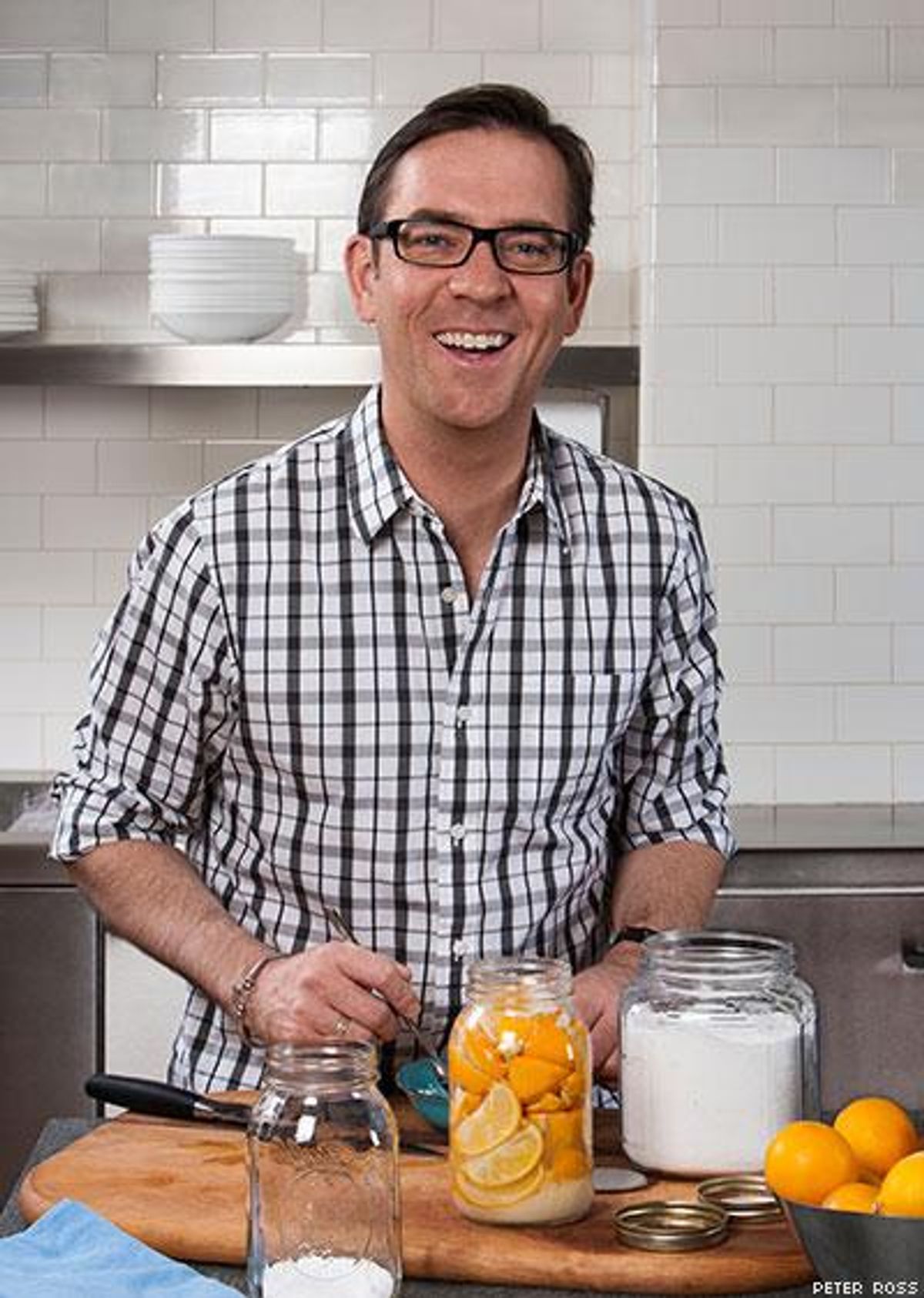
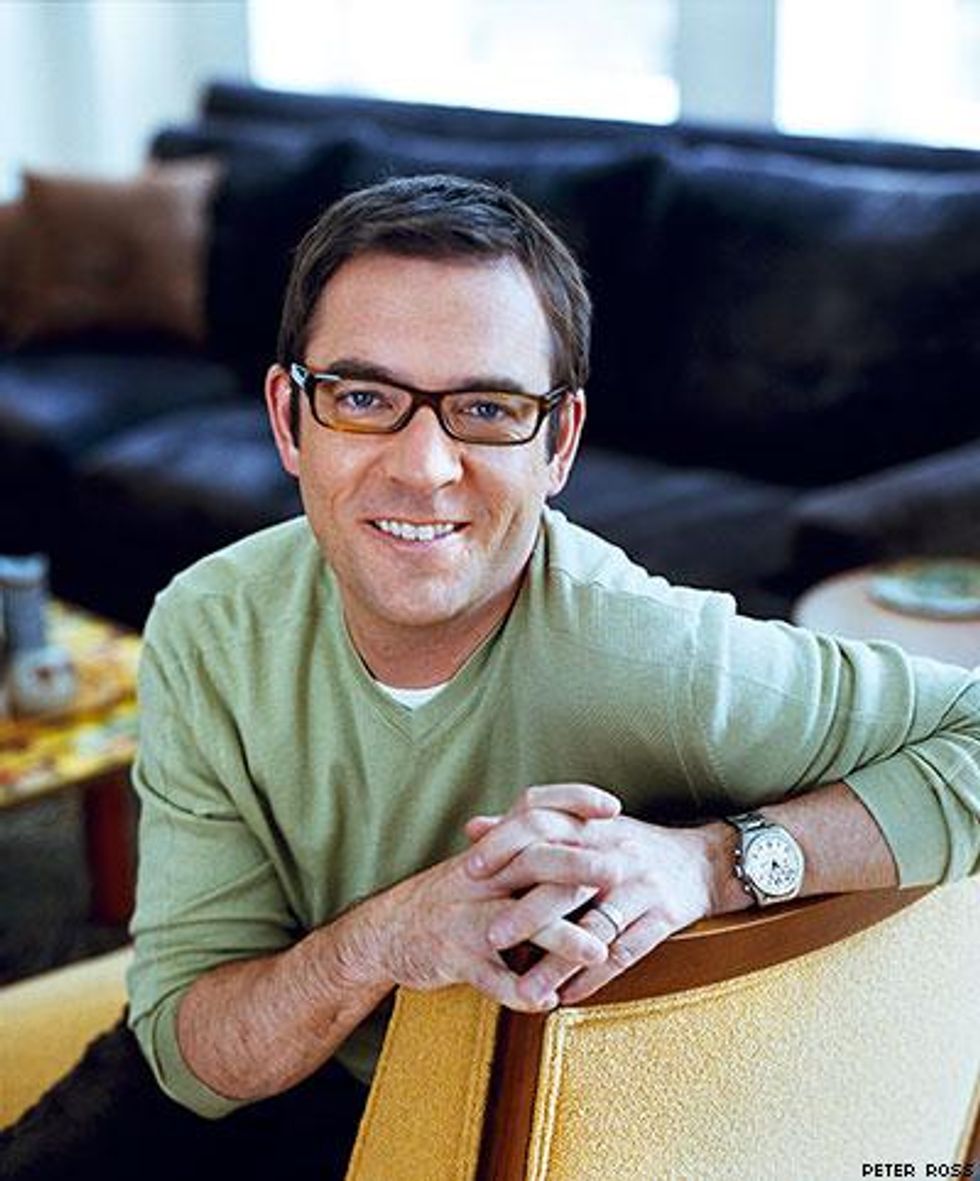 You’re one of the most visible gay personalities Food Network has ever had. How does it feel knowing that you could be paving the way for other aspiring gay foodies?
You’re one of the most visible gay personalities Food Network has ever had. How does it feel knowing that you could be paving the way for other aspiring gay foodies?

